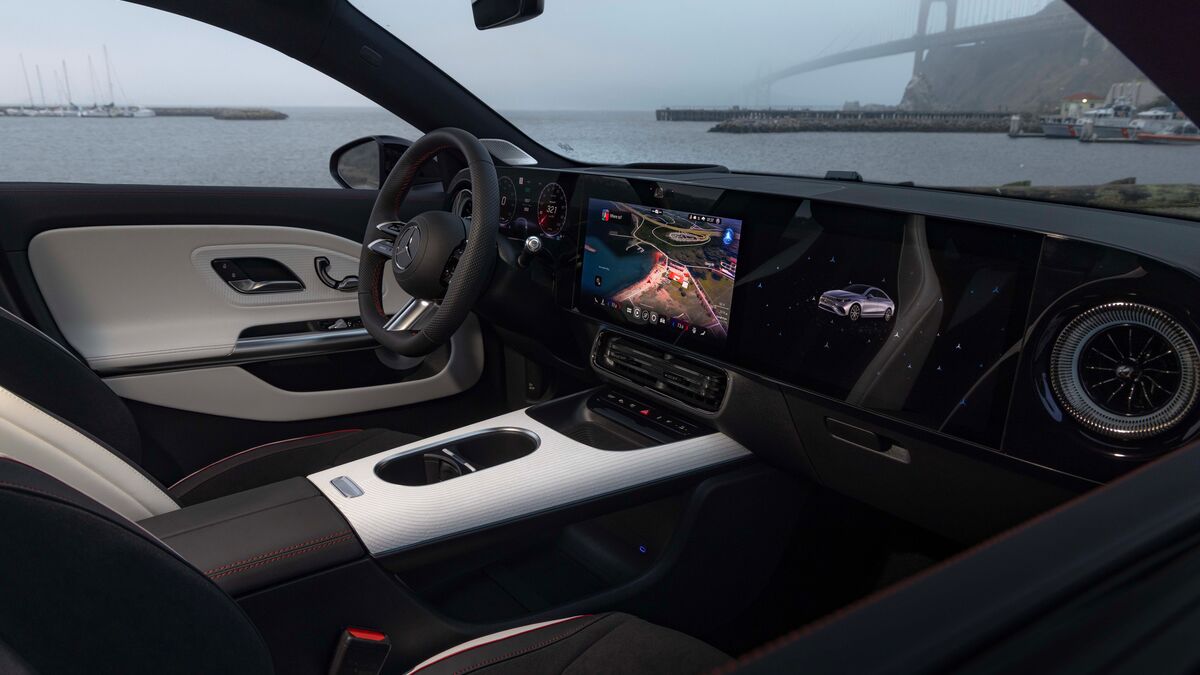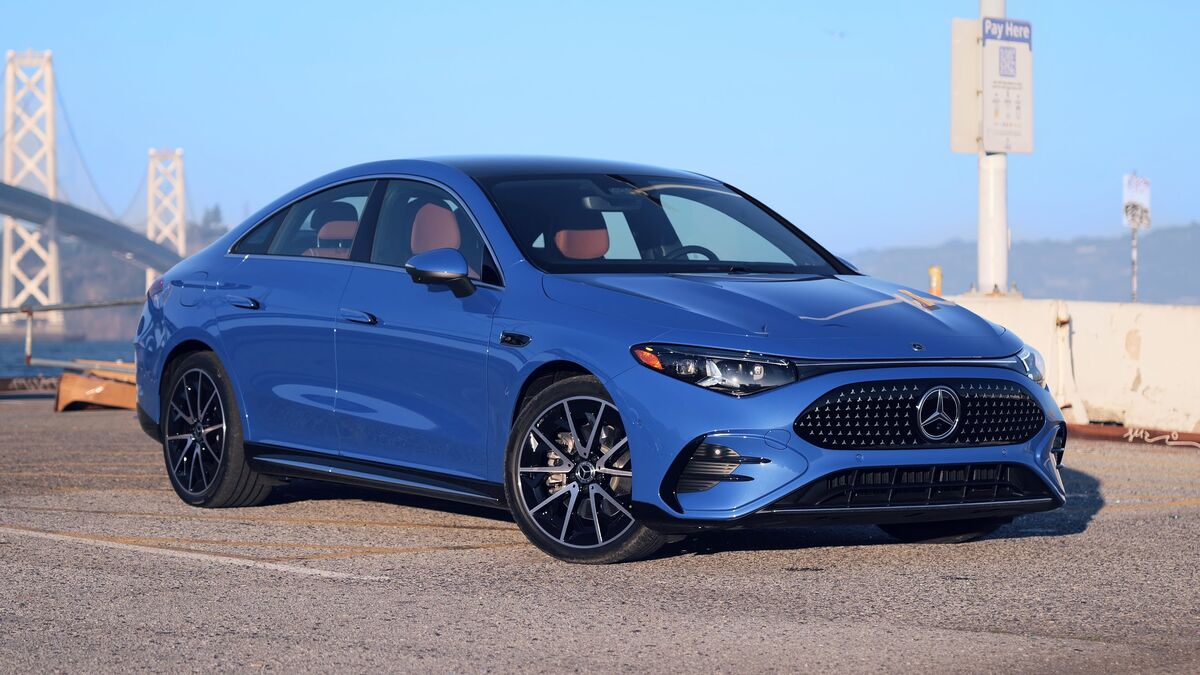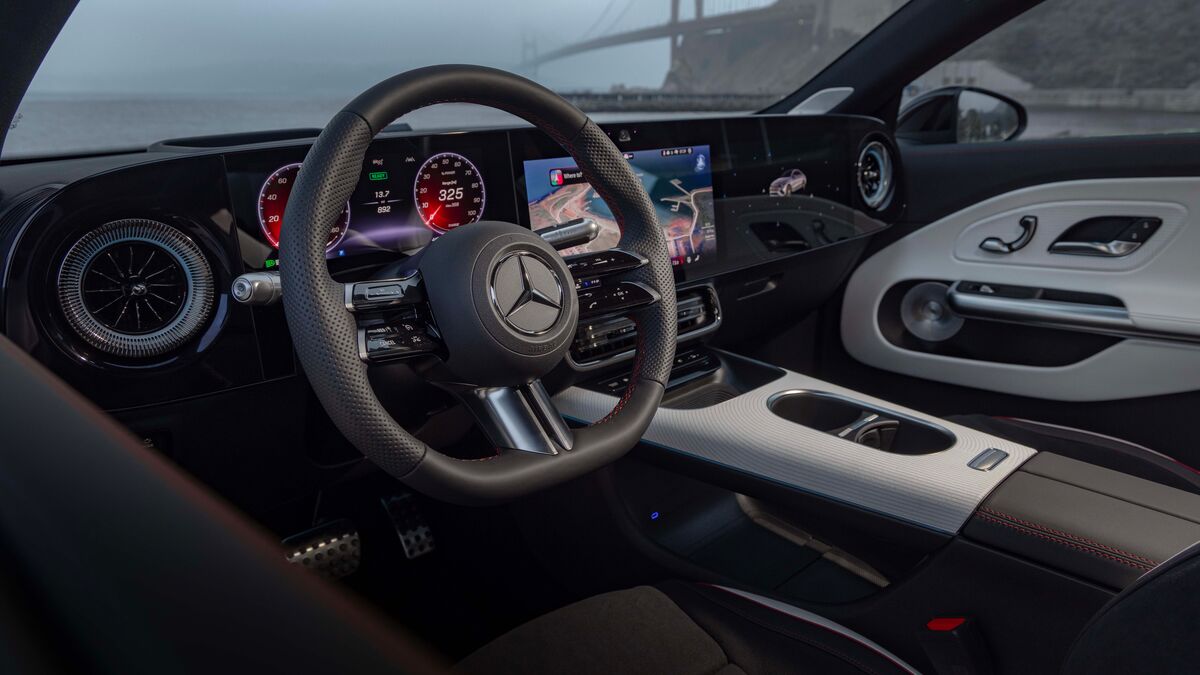
New Law Will Eliminate Rebate on Most Electric Cars
But there’s a short-term problem — the law requires that automakers build their electric cars in North America to qualify for the incentive. Not all of today’s EVs are built on this continent, and even those that are often include battery components sourced from elsewhere.
The law also includes price caps. To qualify, cars must have a sticker price under $55,000, while SUVs and trucks must have a price under $80,000. Such requirements could leave many of today’s EVs ineligible.
By our calculations, as few as 11 of the 72 EVs currently for sale may qualify for the new discount.
The automotive industry will likely adjust, bringing more production to the U.S. and introducing lower-priced EVs. Volkswagen recently began domestic production of its ID.4 electric SUV, while GM plans a new Chevy Equinox EV in the $30,000 range.
But, in the short term, many EVs will likely become ineligible for the new credits. The Washington Post reports that President Biden “plans to sign the Inflation Reduction Act into law this week.”
Battery Components Are Another Issue
Even those few EVs that currently meet the new requirements may soon become ineligible for the discounts. Reuters explains, “New restrictions on battery sourcing and critical minerals, along with price caps and income caps, take effect on January 1, which will potentially make all current EVs ineligible for the full $7,500 credit.”
Those restrictions require critical minerals to come from within the U.S. or from certain American trade partners. They also require that EVs have no critical components from China. No EV currently meets such requirements. The industry will have to develop new supply chains to fulfill them, which likely cannot be done by January 1.
So, what should you do if you’re in the market for a new EV?
Buying Immediately Will Work
One option is to buy as soon as possible.
Buyers who make their purchase before the law goes into effect will qualify under current rules. Those rules allow a $7,500 tax deduction for buyers of most EVs. The credit goes away once a manufacturer has sold 200,000 electrified cars.
Both General Motors and Tesla are over that cap, leaving buyers of their EVs with no credit. Toyota and Lexus crossed that threshold recently, so buyers can still qualify for half the total credit on their electric cars.
Reserving Immediately May Work
Some manufacturers believe that buyers may squeeze in under the deadline, even if they don’t take possession of a new EV immediately.
Reuters reports, “The bill does allow consumers to still get the credit if they buy before Biden signs the bill into law, but must have a ‘written binding contract’ to purchase.”
Startup automakers Rivian and Fisker have notified customers that they may be able to qualify under the old credit by making a non-refundable deposit before the law is signed.
Rivian has accepted thousands of refundable deposits for its trucks and SUVs. Last week, the company sent a letter to reservation holders urging them to sign an agreement making $100 of their deposit non-refundable. The move is in an attempt to meet the law’s “written binding contract” requirement.
However, the letter didn’t promise the move will work. “We cannot guarantee that the IRS (Internal Revenue Service) will approve tax credit eligibility as we interpret the terms of the Inflation Reduction Act,” it read.







